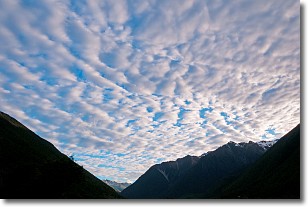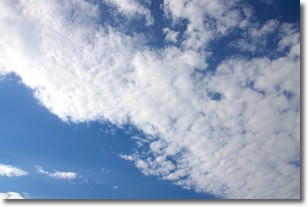Weather Alert in Alaska
Fire Weather Watch issued June 30 at 12:46PM AKDT until July 2 at 10:00PM AKDT by NWS Fairbanks AK
AREAS AFFECTED: Dalton Highway Summits; Yukon Flats; White Mountains and High Terrain South of the Yukon River; Fortymile Country; Upper Tanana Valley; Delta Junction; Upper Chena River Valley; Eielson AFB and Salcha; Chatanika River Valley; Two Rivers; Eastern Delta Junction
DESCRIPTION: * AFFECTED AREA...Dalton Highway Summits, Yukon Flats, White Mountains and High Terrain South of the Yukon River, Fortymile Country, Upper Tanana Valley, Delta Junction, Upper Chena River Valley, Eielson AFB and Salcha, Chatanika River Valley, Two Rivers and Eastern Delta Junction. * TIMING...From Wednesday morning through Wednesday evening. * WINDS...East-Northeast 10 to 20 mph with gusts up to 30 mph. * HUMIDITY...As low as 20 percent. * TEMPERATURES...Highs in the upper 80s. * IMPACTS...Rapid ignition, growth and spread of fires will be possible. Hot, dry, and windy conditions may lead to rapid spread of fires.
INSTRUCTION: A Fire Weather Watch means that weather conditions could lead to the potential for a Red Flag event in the near future. This watch will remain in effect until it is upgraded to a Red Flag Warning or that it is determined that the Red Flag event will not develop. Please advise the appropriate officials or fire crews in the field of this Fire Weather Watch.
Want more detail? Get the Complete 7 Day and Night Detailed Forecast!
Current U.S. National Radar--Current
The Current National Weather Radar is shown below with a UTC Time (subtract 5 hours from UTC to get Eastern Time).

National Weather Forecast--Current
The Current National Weather Forecast and National Weather Map are shown below.

National Weather Forecast for Tomorrow
Tomorrow National Weather Forecast and Tomorrow National Weather Map are show below.

North America Water Vapor (Moisture)
This map shows recent moisture content over North America. Bright and colored areas show high moisture (ie, clouds); brown indicates very little moisture present; black indicates no moisture.

Weather Topic: What are Stratus Clouds?
Home - Education - Cloud Types - Stratus Clouds
 Next Topic: Wall Clouds
Next Topic: Wall Clouds
Stratus clouds are similar to altostratus clouds, but form at a
lower altitude and are identified by their fog-like appearance, lacking the
distinguishing features of most clouds.
Stratus clouds are wider than most clouds, and their base has a smooth, uniform
look which is lighter in color than a nimbostratus cloud.
The presence of a stratus cloud indicates the possibility of minor precipitation,
such as drizzle, but heavier precipitation does not typically arrive in the form
of a stratus cloud.
Next Topic: Wall Clouds
Weather Topic: What are Altocumulus Clouds?
Home - Education - Cloud Types - Altocumulus Clouds
 Next Topic: Altostratus Clouds
Next Topic: Altostratus Clouds
Similar to cirrocumulus clouds, altocumulus clouds are
characterized by cloud patches. They are distinguished by larger cloudlets
than cirrocumulus clouds but are still smaller than stratocumulus clouds.
Altocumulus clouds most commonly form in middle altitudes (between 2 and 5 km)
and may resemble, at times, the shape of a flying saucer.
These uncommon formations, called altocumulus lenticularis, are created by uplift
in the atmosphere and are most often seen in close proximity to mountains.
Next Topic: Altostratus Clouds
Current conditions powered by WeatherAPI.com




